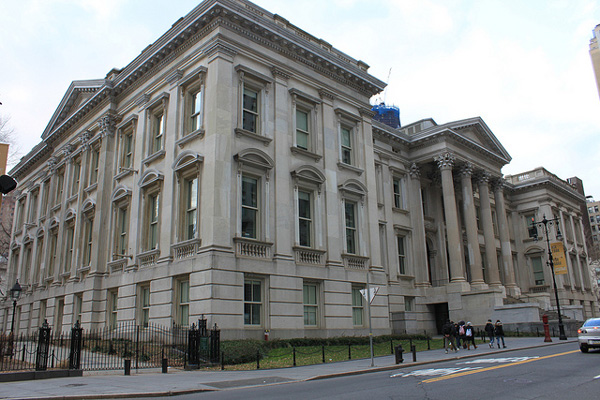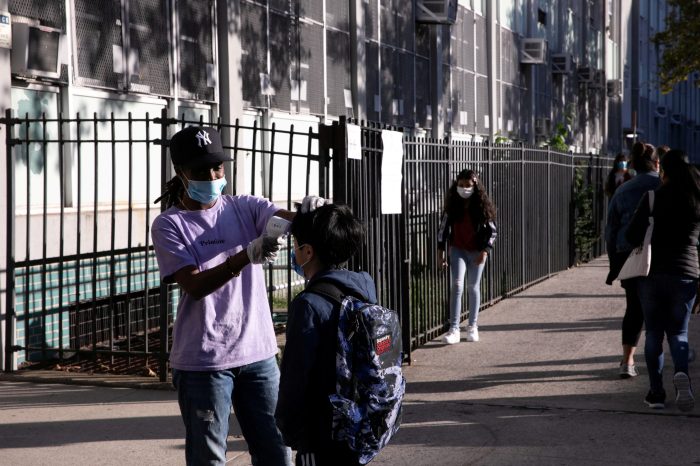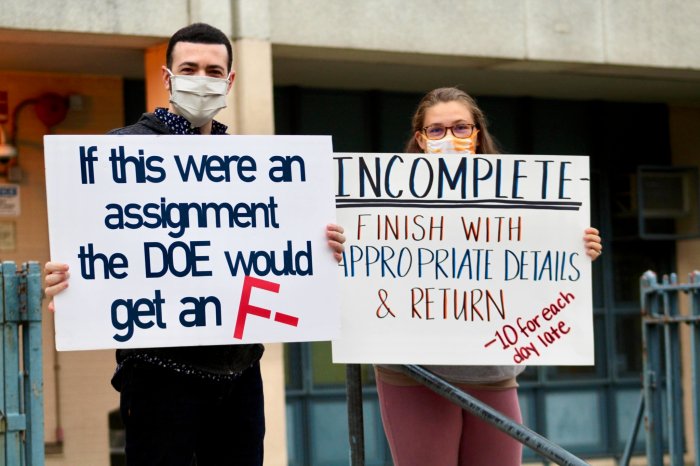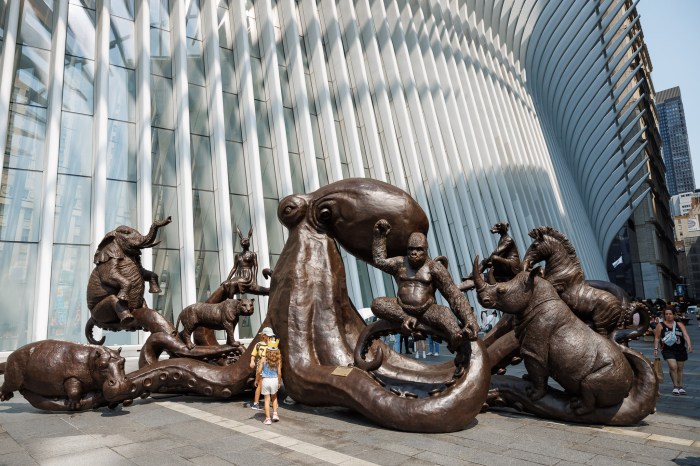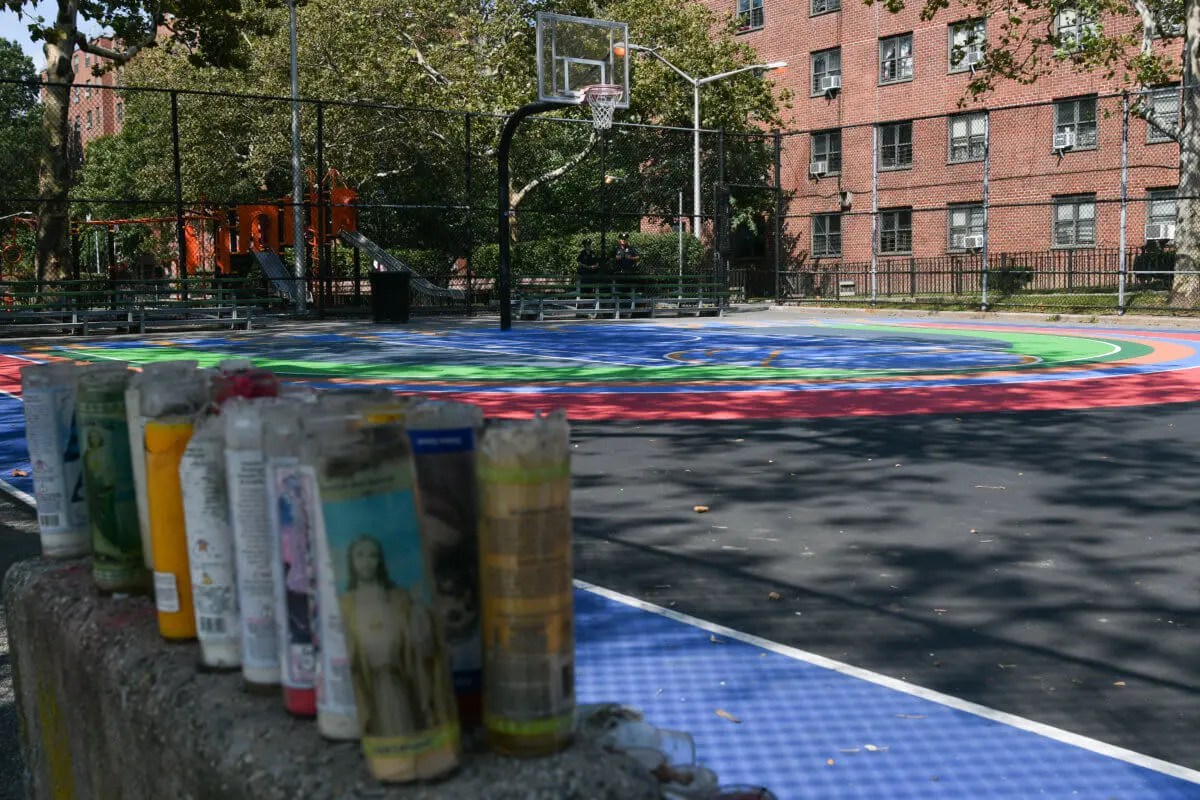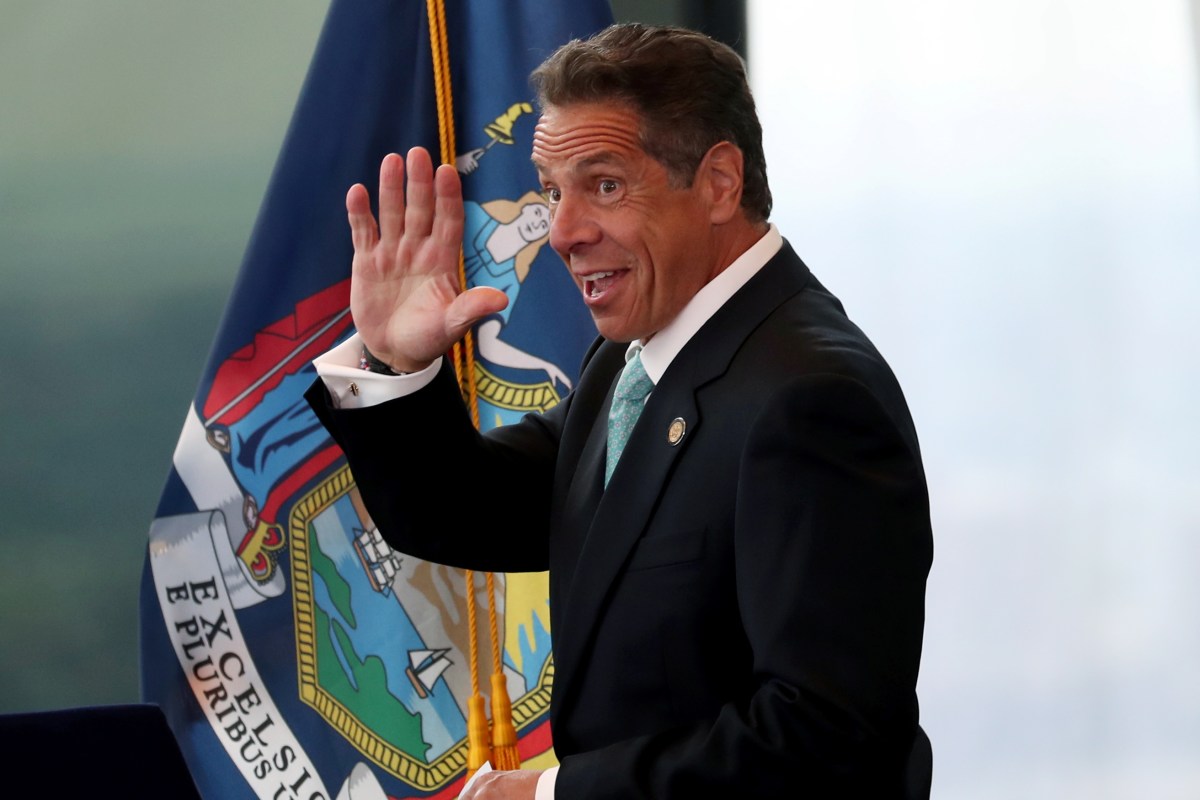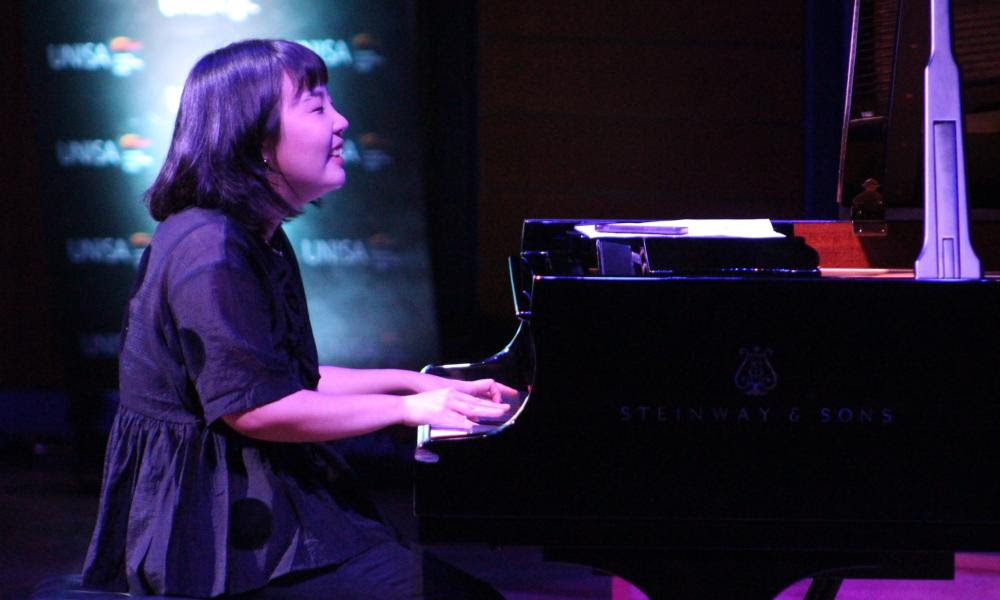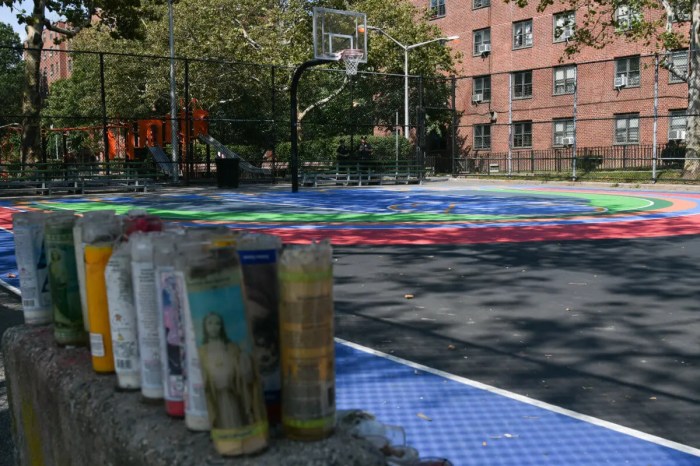Department of Education (DOE) Schools Chancellor David Banks and other city education officials faced a litany of budget questions from City Council members Monday regarding additional funding and proposed changes for public schools.
The March 21 hearing was intended to allow members of the DOE to explain to council members and New Yorkers how spending for public school education for the fiscal year 2023 will be allocated, as well as an opportunity for DOE leaders to learn what is needed in the future from their constituents. Joining Banks at the dais were Dan Weisberg, First Deputy Chancellor and Lindsey Oates, Chief Financial Officer.
“As we continue to advance in our post-pandemic recovery efforts, our schools deserve all the fundings they need to ensure a robust and well-rounded staff,” said Council Member Rita Joseph, Chair, Committee on Education before introducing the chancellor. “As a recent former teacher, I am personally familiar with the importance of quality programming and holistic support in aiding the success of these students.”
During his opening remarks, Banks expressed gratitude for all the council members and staff present during the hearing, acknowledging all their hard work and how their dedication to advocacy for education as the Preliminary Budget was being discussed.
Banks spoke to one large opportunity the NYC city council had provided the DOE with by allocating money to improve public schools in the city.
“The City Council has enabled us to provide 100% Fair Student Funding (FSF) to all schools for the first time ever this year,” Banks said. “This is an incredible investment in our students and would not be a reality without the advocacy of so many, especially the city council. We are pleased to see that the Governor’s and the State Legislature’s budgets propose to continue to phase in state aid needed to maintain 100% FSF.”
The council was also instrumental in funding public education through the American Rescue Plan Act (ARPA). Banks said that the ARPA was an integral aid in helping New York schools get back on track amid the chaos and disruption of the COVID-19 pandemic.
Council members had many questions regarding the distribution of the allocated funding from the Preliminary Budget to much-needed areas of the DOE, including some complaints regarding the alleged structural disrepair in schools and the additional support needed in maintaining school facilities.
“I did a job presentation at one of my schools last week,” said Bronx Council Member Rafael Salamanca Jr.. “I was really disappointed, I was just disgusted [by] the condition of that school. The total lack of maintenance – and I’m taking this personal because this is a school down the block from my offices, in my neighborhood. I grew up in this community. And just to see the lack of respect with how disgusting this school was. One of the students asked me ‘when are you going to fix the [basketball] rim?’ I’m trying to do my best to allocate fundings for these schools, but I was just taken aback by the conditions of this school.”
The DOE leaders agreed, with Weisberg offering to do a walk-through of the school in question to address the issues of disrepair as well as investigate the conduct of superintendents of schools who do not maintain their schools in a healthy and safe way for children.
Chancellor Banks also announced that he and his administration would be continuing to invest in and support the Middle School Quality Initiative (MSQI) – an effort by the NYC DOE to prepare middle schoolers for college and career success.
“We are going to continue that work, but we are looking at exactly what form,” said Weisberg. “We know we have to address middle schools, we talk a lot about early literacy and we talk about student pathways. We know that if we don’t get to student pathways and if we don’t build on them, then we don’t have quality middle schools. We are going to figure out how to scale it [MSQI] so that all of our middle schools are quality middle schools.”



